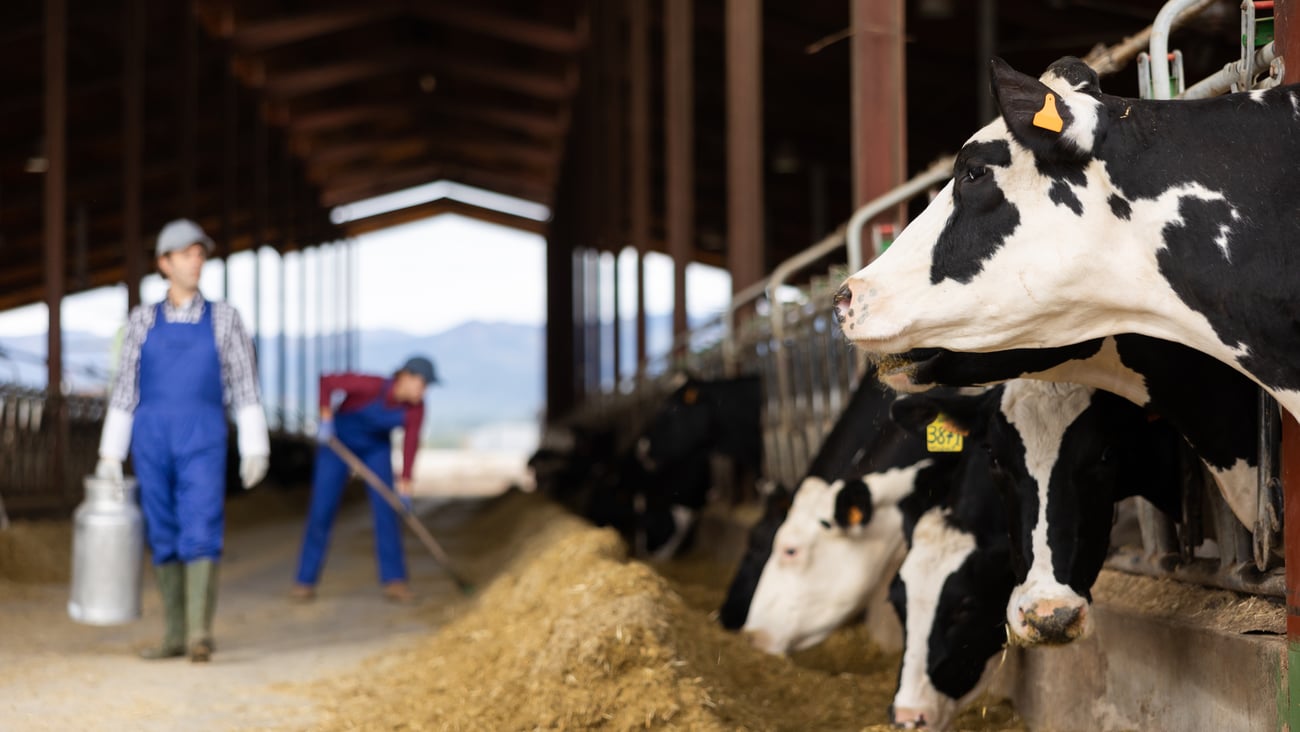CETA: Embracing the deal for what it is
The Trudeau is learning the hard way that multilateral trade agreements, agriculture and food always create a recipe for contentious debates. Farmers in Belgium have stalled the EU’s ratification of the CETA agreement by voting against it. Many other factions like France, Poland, Spain, Bulgaria and Austria have displayed some reservations during the process, but only the small French-speaking southern region of Wallonia, in Belgium, rejected to sign the CETA agreement, delaying its final approval. Despite the set back the European Council continues to work toward signing CETA.
The complexity of the EU has been, for the most part, underappreciated by the rest of the Western world. With 28 member states and diverging agricultural interests, finding common grounds to agree on is challenging. Anyone who has travelled in Europe would appreciate how different regions have varying relationships with food. Food economies on the European continent are largely region-based, with a mix of agrifood products you can find anywhere. Opening Europe to foreign food products only creates more unease across the board. Both North America and Europe have very different agricultural economies. With that in mind, a deal between Canada and the EU signed a few years ago is somewhat of an enigma. Europeans would argue that genetically modified crops and the corporatization of agriculture define our food systems. Many groups have deemed this deal as toxic, surrendering to the dictatorship of corporations. For many Europeans, CETA represents a real threat to local agriculture which is always intertwined with gastronomic cultures that have been around for centuries.
Canada is also hardly a footnote compared to the massive economic clout the United States represents in agriculture. CETA is more of an inconvenience for local farming culprits in Europe than a real menace. For the EU, ratifying CETA could be key to demonstrate that the pact can survive Brexit and move beyond constitutional hiccups. But for Canada, from an agricultural perspective, CETA project should be celebrated.
If ratified, this deal is the basis for an animal protein-milk exchange between two continents. While Canada will likely sell more pork and beef to Europe, the EU will be shipping more processed milk. This would be good news for our cattle and hog sectors, which are in dire need to develop new markets. On the other hand, our dairy sector would receive a well-needed shake-up as more foreign cheese will enter our market as they will be exempt from tariffs. Dairy processors would need to become more competitive, to the delight of Canadian consumers. In fact, the industry has increased its competitiveness in recent years with more mergers and acquisitions. This will likely continue to move beyond the prehistoric approach of supply management for which consumer needs are hardly an afterthought. For Canada, CETA it would be a significant step towards becoming a recognized player on the global stage despite the anti-trade sentiment affecting the world these days.
In essence, the former government should be applauded for its foresight for initiating the CETA deal. In doing so, it beat the U.S. to the proverbial punch. While Canada is trying to make it to the finish line, America has barely advanced in its quest to sign a deal with Europe. This could give Canada a significant trading advantage by becoming the only country in the world involved with two significant continental trade deals. With CETA and NAFTA, Canada could become the portal between two mega markets, the U.S. and Europe. The failure of CETA would be a gigantic missed opportunity. Obviously, it will be interesting to see how Americans will react with a new tenant moving into the White House in just a few months’ time.
The world has clearly become much more protectionism-happy than just a few years ago. A CETA deal signed today would likely not survive a long politically-charged ratification process. The fact that CETA is on life support is still a miracle. It is difficult to see how the TPP can ever happen now. CETA may still happen because of Canada’s insignificant reputation in trades. We should CETA project for what it is. With Brexit though, agricultural gains are much more muted than when the deal was signed a few years ago. While Canada is trying to ratify the deal to benefit itself, Europe went along with the intent of not jeopardizing its reputation around the world. If that doesn't work, the U.K. may be a decent consolation prize, from an agricultural trade perspective.




